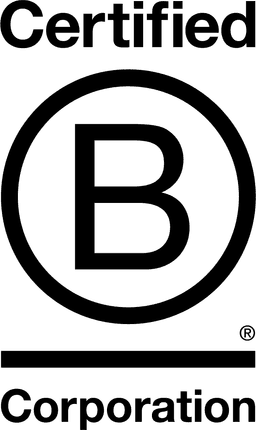

iXcampus

Île-de-France, France
December 2023
Other professional, scientific & tech
Service with Significant Environmental Footprint
France
iXcampus has set itself the mission of participating in the emergence and development of technology companies that help to meet environmental and societal challenges. The Saint-Germain-en-Laye campus is the first place where our method is being put into practice. It consists of building bridges between the worlds of university and business, by equalising resources, skills and experience between the various players resident on the campus: high-tech companies, start-ups and universities. The campus has been awarded the "Grands Lieux d'Innovation et Territoires d'Industrie" label since 2019, and is dedicated to Deeptech (Optics, Photonics, Quantum, Microelectronics, AI and Cybersecurity). Setting up your business on iXcampus means joining a network of industrial companies that are leaders in their field, a community of entrepreneurs and an academic ecosystem of excellence. Architectural design, workspaces, shared technical platforms and laboratories, coordinated student, employee and entrepreneurial communities, training and incubation programmes: our campus is designed to encourage open innovation and create the conditions necessary for the development of technological solutions with a positive impact.
Overall B Impact Score
Governance 13.3
Governance evaluates a company's overall mission, engagement around its social/environmental impact, ethics, and transparency. This section also evaluates the ability of a company to protect their mission and formally consider stakeholders in decision making through their corporate structure (e.g. benefit corporation) or corporate governing documents.
What is this? A company with an Impact Business Model is intentionally designed to create a specific positive outcome for one of its stakeholders - such as workers, community, environment, or customers.
Workers 27.0
Workers evaluates a company’s contributions to its employees’ financial security, health & safety, wellness, career development, and engagement & satisfaction. In addition, this section recognizes business models designed to benefit workers, such as companies that are at least 40% owned by non-executive employees and those that have workforce development programs to support individuals with barriers to employment.
Community 19.7
Community evaluates a company’s engagement with and impact on the communities in which it operates, hires from, and sources from. Topics include diversity, equity & inclusion, economic impact, civic engagement, charitable giving, and supply chain management. In addition, this section recognizes business models that are designed to address specific community-oriented problems, such as poverty alleviation through fair trade sourcing or distribution via microenterprises, producer cooperative models, locally focused economic development, and formal charitable giving commitments.
Environment 22.3
Environment evaluates a company’s overall environmental management practices as well as its impact on the air, climate, water, land, and biodiversity. This includes the direct impact of a company’s operations and, when applicable its supply chain and distribution channels. This section also recognizes companies with environmentally innovative production processes and those that sell products or services that have a positive environmental impact. Some examples might include products and services that create renewable energy, reduce consumption or waste, conserve land or wildlife, provide less toxic alternatives to the market, or educate people about environmental problems.
Customers 1.7
Customers evaluates a company’s stewardship of its customers through the quality of its products and services, ethical marketing, data privacy and security, and feedback channels. In addition, this section recognizes products or services that are designed to address a particular social problem for or through its customers, such as health or educational products, arts & media products, serving underserved customers/clients, and services that improve the social impact of other businesses or organizations.